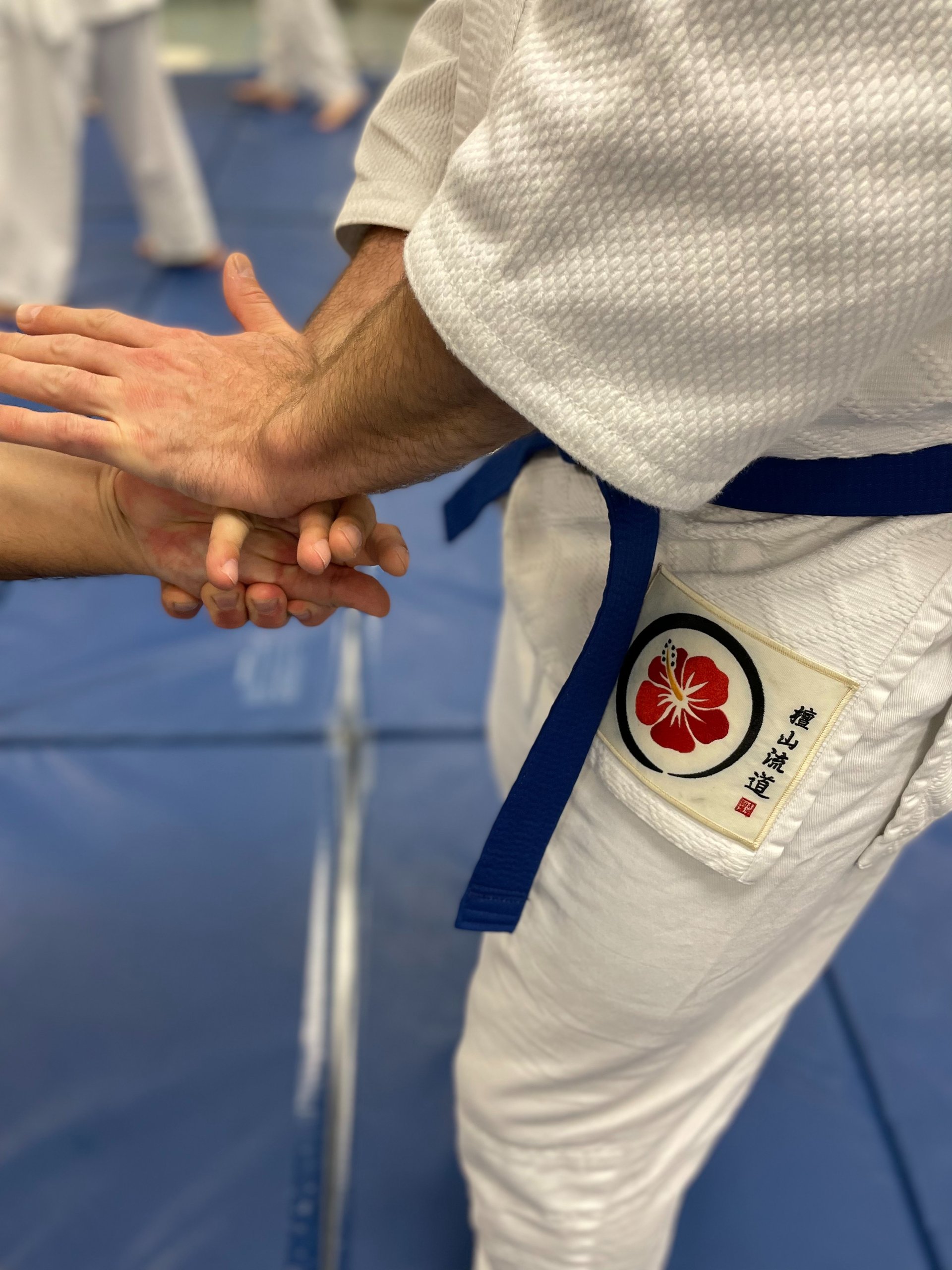Lokahi
Unity and balance
The Hawaiian word lōkahi in general means balance. However, the concept of lōkahi encompasses much more. It explains that the body (ke kino), the mind (ka mana‘o), the spirit (ka uhane) and the world (ka honua) are all interconnected and affect each other. Without any one of these four elements, balance is impossible. It is the essence of Hawaiian group consciousness, the belief that harmony within the group will insure the cohesiveness and survival of the group and that group members are interdependent.
No matter the language- the idea of balance being key in health and peace of mind is universal. We, in our daily lives, are in a constant dance with equilibrium. When successful- our mind is at ease and we feel in the flow. Our bodies are healthy and our relationships are satisfying. When we fail- our health, relationships, emotions and "luck" seem to spin out of control.
In the Chinese Taoist tradition, the Taiji (Yin/Yang) rose spontaneously from the Mu (pure void) and exists in a constant flux seeking equilibrium. In the Hawai'ian Kumulipo (chant of creation), it was Uli'Uli (goddess) that whispered to Kane (Male diety) and caused him to stir from his eternal slumber in the I'o (void) allowing their embrace to cause the creation of the universe. Both beliefs hinting at the notion that from nothing comes something and all things originate in No thing. Thus, all "things"... big and small, inside and outside, are part of the universal desire for balance.
"As it is in macrocosm, so as it is in the microcosm." That which is outside is like that which is inside.
Asian and Hawai'ian philosophy tend to agree on the notion that our external experience is influenced by our internal climate. Which is to say, our thoughts... our words... and our physical actions influence our experience of the material world.
So what is it exactly that requires constant adjusting? How can we manage the various aspects of our world so that we "effortlessly" sense our balance point and keep our minds, bodies and relationships healthy?
Danzan training.
The explicit nature of Danzan training is combat and physical restoration (so that one may fight more) while the implicit is... you guessed it- balance. Let's consider some of the main tenants of the arts:
Sutemi. Explicit- Rolls and falls. Implicit- To abandon your connection to a past or a future and liberate your self thru fearlessness. Mental balance is a derivative of being in the present moment. The physical practice of Sutemi is a ritual responsible for training the subconscious to stop clinging to unreal past in an attempt to predict possible outcomes. To free your mind from creating fear- based experiences.
Kamai. Explicit- Learning to move with proper posture makes your technique work better. Implicit- Training your body to sense and maintain its balance creates an internal climate of course correction. A subtle awareness of instability causing an automatic and thought-free correction. This innate sense of physical balance helps provide intuitive messages of potential problems. Both internally and externally.
Kata: Explicit- A pre-arranged form teaching a skill. Implicit- A vehicle by which to block out variables so that complete focus in the now can be obtained. The more time you spend focused on an internal experience of an external activity the more your mind senses its evenness. This sense of mental balance is what we lack when the variables of the world challenge our peace of mind.
Uke/Tori. Explicit- A way to cooperate so injuries are minimized. Implicit- A method in which two individuals work on separate aspects of a single event in an attempt to bring balance to a "moment" in time. This repetitive activity gives us a genuine understanding of relationships and how more than one aspect is always present. Our life's experience is always in relation to something else.
Ju. Explicit- A way to burn less energy. Implicit- A constant effort to recognize our own subconscious resistance to change. Working on our sensitivity to Uke's force and position entrains a natural ease in our perception of the moment making our physical reaction in accord with the relationship. We're not anticipating nor are we forcing our own agenda. Balance is therefore achieved internally and externally.
Prof. Okazaki wrote: "One must be gentle, modest, polite, and resourceful; never eccentric, but striving always to practice moderation in all things. One must realize that these qualities constitute the secret of the practice of Judo".
If we consider the numerous opportunities we have to cultivate physical, mental and emotional balance in our training we will see that the effort we invest in the principle pursuit of core Danzan ideals is, in fact, working silently, behind the scenes, to bring about a greater sense of balance in our relationship with everything in our lives. Our body, our family, our job and our environment.

